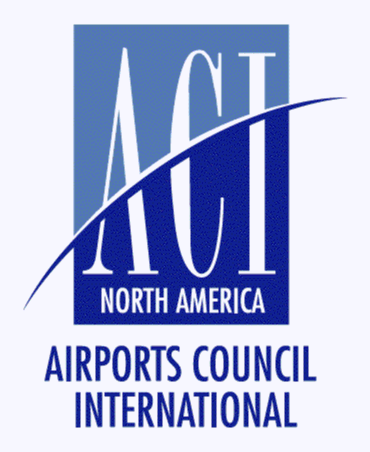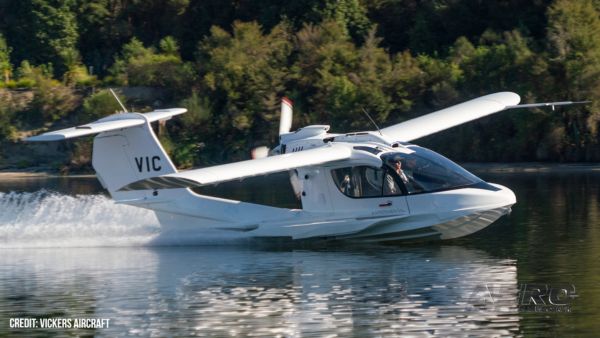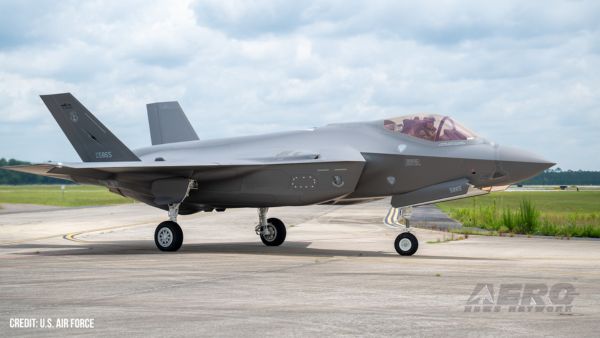Wed, Mar 25, 2015
Latest Analysis From Airports Council International-North America
U.S. airports have an estimated $75.7 billion in infrastructure investment through 2019 necessary to accommodate growth in passenger and cargo activity, rehabilitate existing facilities, and support aircraft innovation, according to a new report released today by Airports Council International-North America (ACI-NA).

“The clear takeaway from our latest survey on airport infrastructure needs is that U.S. must move beyond the status quo and comprehensively modernize how we make these essential investments,” said ACI-NA President and CEO Kevin M. Burke. “As the U.S. economy continues to gain strength and air travel rebounds, we must guarantee to passengers and cargo shippers that we can continue to meet increases in demand with safe, secure, and efficient facilities that keep pace with our global competition.”
Airport Capital Development Needs: 2015-2019 details a comprehensive scope of airport infrastructure projects, including those projects not eligible for Airport Improvement Program (AIP) grant funding. ACI-NA estimates that U.S. airports have a collective funding need of $75.7 billion over the next five years, or $15.1 billion per year, to successfully complete these projects.
Within the five-year, $75.7 billion figure, ACI-NA estimates that commercial airports account for $62.2 billion, or 82.1 percent; non-commercial airports account for $13.6 billion, or 17.9 percent. Within the commercial-airports segment:
- Large hubs account of $40.1 billion, or 52.9 percent;
- Medium hubs account for $9.1 billion, or 12 percent;
- Small hubs account for $7.7 billion, or 10.1 percent; and
- Non-hubs account for $5.3 billion, or 7.1 percent
“Across all hub sizes, airports have planned projects essential to respond to increasing demand, airline hub consolidation, and fulfilling federal mandates and passenger expectations,” continued ACI-NA’s Burke. “Modernizing the PFC and strengthening AIP will allow airports to successfully address these infrastructure challenges in a timely, cost-effective manner that benefits the whole of the aviation industry.”
More News
Aero Linx: The American Society of Aerospace Medicine Specialists (ASAMS) The Society is a non-profit organization created to serve as a voice for and represent the professional ne>[...]
Class C Service This service provides, in addition to basic radar service, approved separation between IFR and VFR aircraft, and sequencing of VFR aircraft, and sequencing of VFR a>[...]
Have A Story That NEEDS To Be Featured On Aero-News? Here’s How To Submit A Story To Our Team Some of the greatest new stories ANN has ever covered have been submitted by our>[...]
Also: ERAU Uses UAVs, P550 Group 2 UAS, Starship’s Florida Launches, NASA Missions Chopped The Air Force has put out a call to commission a one-to-one copy of the Iranian-des>[...]
Classic Klyde Morris From 11.07.16 (and Remembering Bob...) FMI: www.klydemorris.com>[...]
 ANN's Daily Aero-Linx (08.27.25)
ANN's Daily Aero-Linx (08.27.25) ANN's Daily Aero-Term (08.27.25): Class C Service
ANN's Daily Aero-Term (08.27.25): Class C Service ANN FAQ: Submit a News Story!
ANN FAQ: Submit a News Story! Airborne-NextGen 08.26.25: Iran UAV Knockoffs, X-37B Spaceplane, Army Training
Airborne-NextGen 08.26.25: Iran UAV Knockoffs, X-37B Spaceplane, Army Training Classic Klyde Morris (08.25.25)
Classic Klyde Morris (08.25.25)



